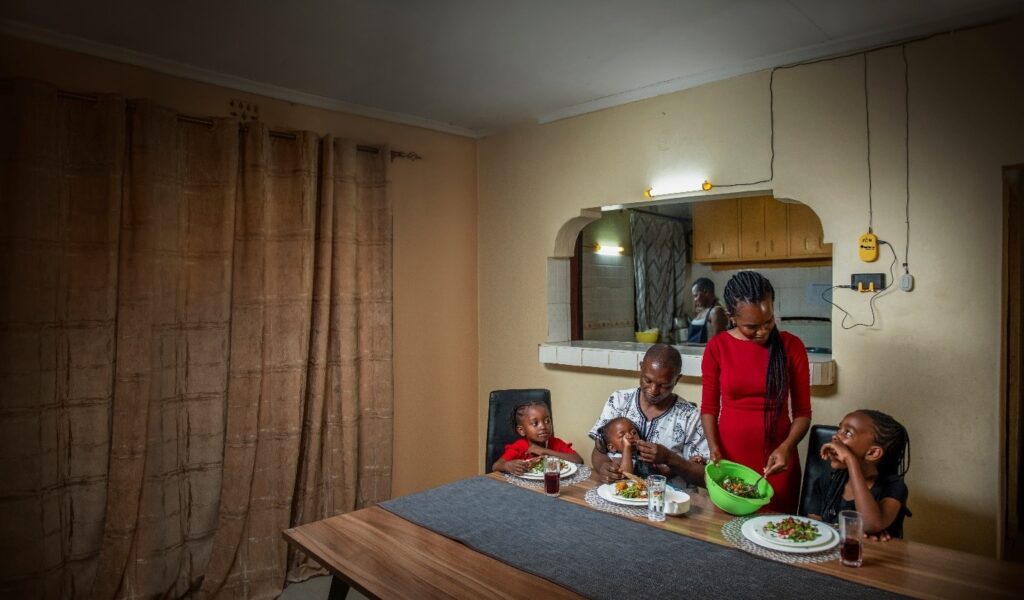Over 97% (19,000,000) of Malawian households depend on firewood and charcoal for daily cooking and heating needs. The urban population alone consumes close to 260,000 tones of charcoal which requires 2,500,000 m3 of wet wood and clearing over 25,000 hectares of land. A study by the Biomass Energy Strategy (BEST) projected that this demand is expected to double reaching 660,000 tonnes per year by 2023. Electricity remains an unviable alternative for cooking due to supply inefficiency and inadequacies, leaving people to contend with the dangers n using traditional fuels. Major challenges include forest and land degradation which has affected agriculture, food security, and the availability of clean water. This deforestation has led to disruption of habitation for wildlife as well as their displacement leading to climate change impacts like extreme weather events and natural disasters
like the recent cyclone in Malawi. The use of charcoal and firewood causes household air pollution leading to respiratory illness, death by suffocation, and fire accidents in Malawi. In addition, families
spend a significant portion of their savings to purchase these unsustainable energy solutions.

We believe that enabling access to sustainable and clean energy solutions like improved cookstoves, sustainable charcoal, and liquified petroleum gas are essential elements in contributing towards reducing this over-dependence on traditional cooking systems. As such, we are promoting clean cooking by providing access to clean cooking solutions and equipment like improved cookstoves, gas stoves, and sustainable charcoal and liquified petroleum gas in our Energy Kiosk.
We also conduct literacy sessions in our marketing and promotion initiatives as a way of ensuring energy literacy in clean cooking initiates at both commercial and household levels.

